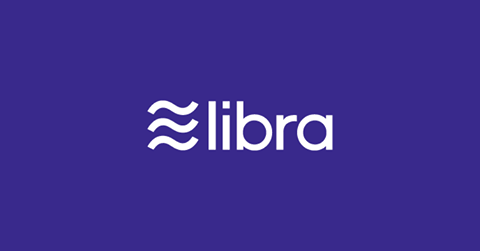
After Amazon and its recent news, Facebook announced its new cryptocurrency Libra, which aims to enable developers and businesses to build new, inclusive financial service products for people all around the world, according to the company.
The cryptocurrency comes with the new executable bytecode programming Move, which can be used to implement custom transactions and smart contracts. Move can be used to define custom resource types with semantics inspired by linear logic. A resource can never be copied or implicitly discarded, only moved between program storage locations.
Libra is centered around the new Libra blockchain and the value of the currency is backed by a reserve of real assets called the Libra Reserve.
“Moving money around the world should be as easy and cheap as sending a text message. No matter where you live, what you do, or how much you earn,” Facebook wrote on the Libra website.
Applitools announces free open-source software licensing
Applitools Eyes is now available for open-source libraries, allowing open-source projects to add the automated visual testing solution to their library for free.
In addition, Applitools partnered up with This Dot’s Open Source Apprentice Program to encourage young developers to contribute to open source, according to the company.
“By making our technology freely available for anyone in the world to use, we can help mentor generations of developers and technologists through more inclusivity,” said Moshe Milman, co-founder and COO at Applitools.
Hyperledger announces new members
Hyperledger, an open- source collaborative effort to further blockchain technologies, announced that it is adding 8 new members including Ethereum Foundation, Microsoft, Nornickel and Salesforce.
Hyperledger allows organizations to create industry-specific applications, platforms and hardware systems to support their individual business transactions by offering enterprise-grade, open source distributed ledger frameworks and code bases.
Last month, Hyperledger added its 13th project, Hyperledger Aries, a shared infrastructure of tools that enables the exchange of blockchain-based data, supports peer-to-peer messaging in various scenarios, and facilitates interoperable interaction between different blockchains and other distributed ledger technologies (DLTs).
“Our new members illustrate the breadth of organizations that see the value of contributing to the Hyperledger community,” said Brian Behlendorf, executive director of Hyperledger.
Threat Stack announces unified application security solution
Threat Stack announced that it is adding a new application security monitoring solution to its cloud security platform.
The solution will add runtime application self protection and risk detection capabilities, which will provide customers with contextualized information from every aspect of the cloud stack throughout the entire SDLC, according to the company.
Threat Stack Application Security Monitoring includes features like proactive risk reduction, targeted real-time attack blocking, improved insight across the stack, developer context and eLearning.
“With the rapid adoption of cloud-native architectures – including microservices, containers, and serverless – application security is more important than ever,” said Brian M. Ahern, CEO of Threat Stack.
Appery.io adds Ionic 4 integration
Digital software solutions provider Exadel announced that its low-code application development platform Appery.io now integrates with Ionic 4.
Additionally, Appery.io Ionic 4 framework supports the latest Angular version 7 and Cordova 8 and includes overall performance improvements, modern web platform features and CSS variables.
“Now Appery.io users can seamlessly build an Ionic 4 app directly in the platform. Appery.io is dedicated to helping developers effortlessly build quality, high-performing applications and the Ionic 4 integration is our continuation of this commitment,” said Dmitry Binunsky, VP of products and platforms practice at Exadel.






